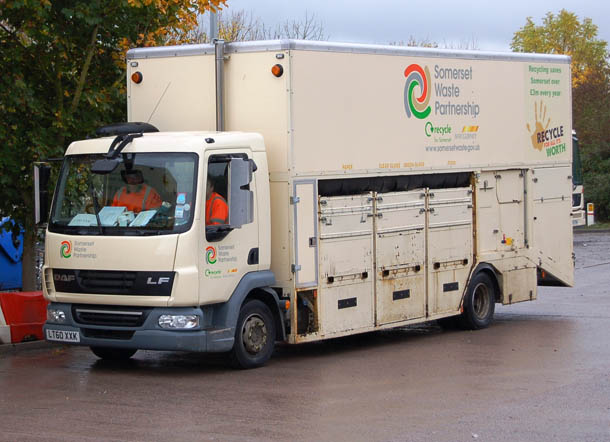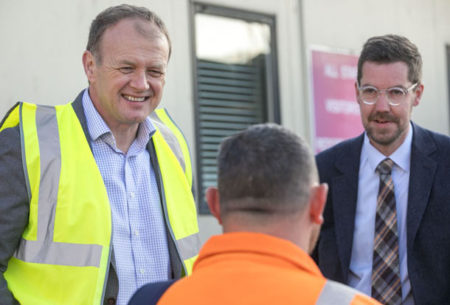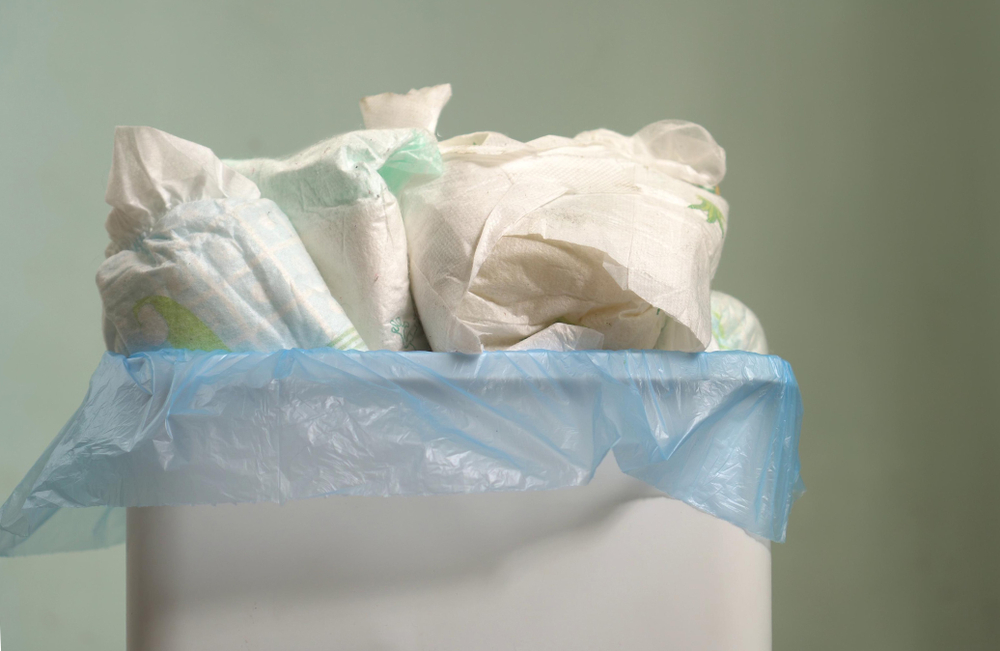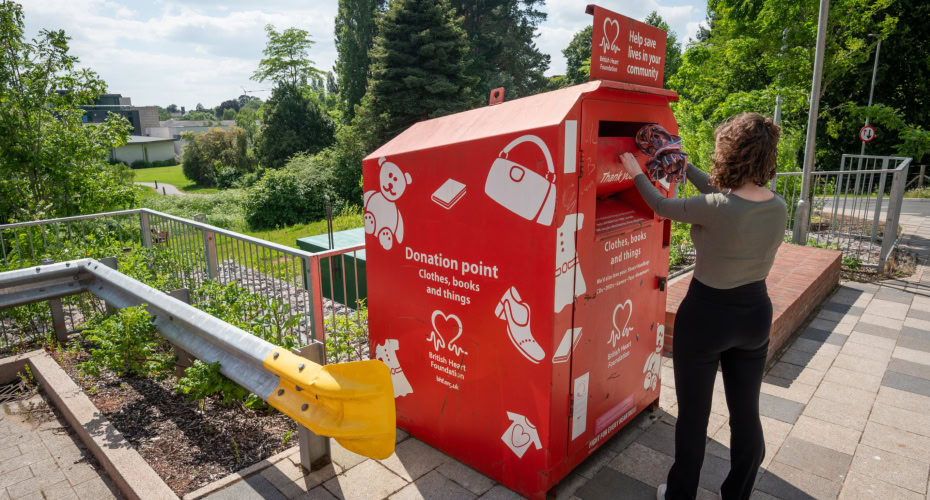The change has been made in anticipation of the county’s transition to Suez as its collections contractor on 28 March.

The waste management company was awarded a £210 million 10-year collections contract in May 2019 (see letsrecycle.com story).
Writing in a report published ahead of a meeting of the Somerset Waste Board in Taunton last Friday (14 February), Somerset Waste Partnership (SWP) managing director Mickey Green said: “This change is crucial to us being able to respond to public demand to recycle more, to nudge those that aren’t recycling fully at the moment, to support our aim to see waste treated as a resource.”
Once Suez rolls out its collection service model – known as Recycle More – residents will be able to recycle plastic pots, tubs and trays, food and beverage cartons, small electrical equipment and household batteries at the kerbside.
This will be in addition to materials currently collected for recycling, which include food, paper, glass, cans, aerosols, plastic bottles, cardboard, foil, textiles and shoes.
Recycling
SWP hopes the amended service will boost the county’s recycling rate from 52.4% in the 2018/19 financial year to 60%.

Residents are to be provided with a 60-litre weighted reusable sack for their extra recycling.
It is hoped by SWP the changes will reduce the amount of residual waste from around 480kg per household to 418kg per household.
Further changes to the service will mean garden waste collections will no longer necessarily be on the same day of the week as recycling and waste collections.
Nappies
The council is particularly targeting disposable nappies, and while extra provisions are to be made for families who use them, they will also be encouraged to consider sustainable alternatives.

Mr Green said: “The decision to allow extra rubbish capacity will depend upon how many people are in a household, with stickers provided for one extra sack per child where it is necessary.
“Evidence from our trial and elsewhere suggests that most people, if supported to recycle properly, will cope with this.”
The council has also allocated a budget of £10,000 for so-called ‘nappy kits’ which consist of several different nappy types for people to try and establish which style suits them and their baby best.
Additional hygiene products such as period and incontinence products and reusable baby wipes are also to be addressed, and the council says it is to try and procure some demonstrator kits so that people can see the different types available.
Collections
Collections will be on the agenda at the Collection Conference, to be held on 25 March. More information can be found here.









Subscribe for free